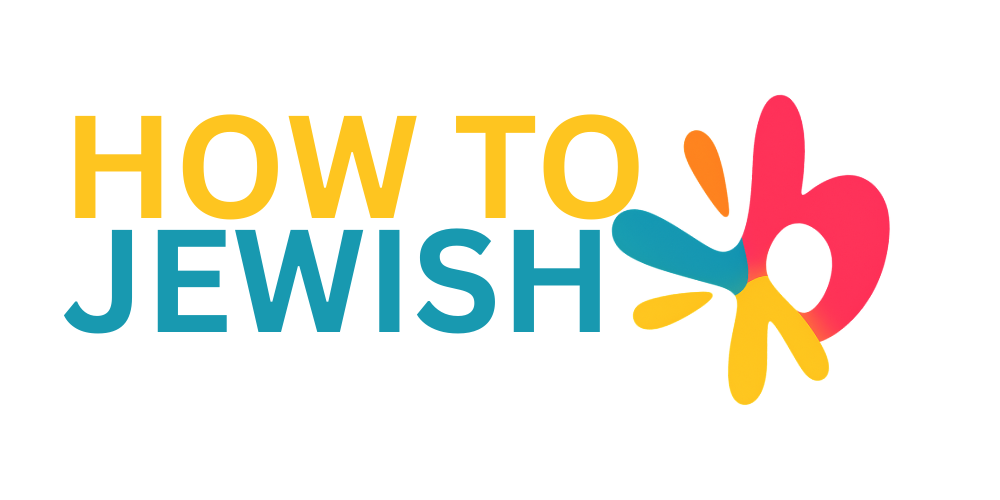Waking Up with Purpose: The Morning Routine
In traditional Jewish life, the day begins with a moment of awareness and gratitude. Upon waking, many Jews say the Modeh Ani prayer: “I thank You, living and eternal King, for returning my soul to me with compassion; abundant is Your faithfulness.” This short prayer expresses gratitude for the gift of life and sets a tone of purpose for the day.
After getting out of bed, one washes their hands in a special way known as netilat yadayim. This involves pouring water from a cup over each hand three times, alternating hands. The reason for this is rooted in both halachic (legal) and spiritual concerns, especially about ritual purity.
Getting Dressed and Saying Morning Blessings
Jewish law encourages modesty in dress, even in private. There are also a series of blessings known as birchot hashachar (morning blessings), which are said upon waking. These blessings thank God for basic abilities and experiences — opening one’s eyes, sitting up, getting dressed, standing upright, and more.
One of the first significant prayers of the day is birkat haTorah, the blessing said before learning Torah. Even if one only plans to read a few verses, this blessing is essential and reflects the importance of Torah learning.
Bedtime Practices in Jewish Law
At night, many Jews recite the Keriat Shema al HaMitah (the bedtime Shema). This includes the Shema itself and other short prayers asking for protection during sleep. The idea is to go to sleep with words of Torah and trust in God on one’s lips.
Some also have the custom to review the day, reflect on their actions, and ask forgiveness for any wrongs. This can be a powerful daily habit of spiritual growth.
Keeping It Real
For beginners, it’s okay to start small. Maybe just saying Modeh Ani in the morning and Shema at night. Over time, you can build up to hand washing and the morning blessings. Many Jews find that these routines anchor their day spiritually and emotionally.
Conclusion: Bringing Holiness into Everyday Life
Morning and bedtime routines in Jewish law are about more than just rituals — they’re opportunities to begin and end the day with intention, gratitude, and connection. Whether you’re just starting out or deepening your observance, these practices can bring a sense of calm, purpose, and meaning to your life.

